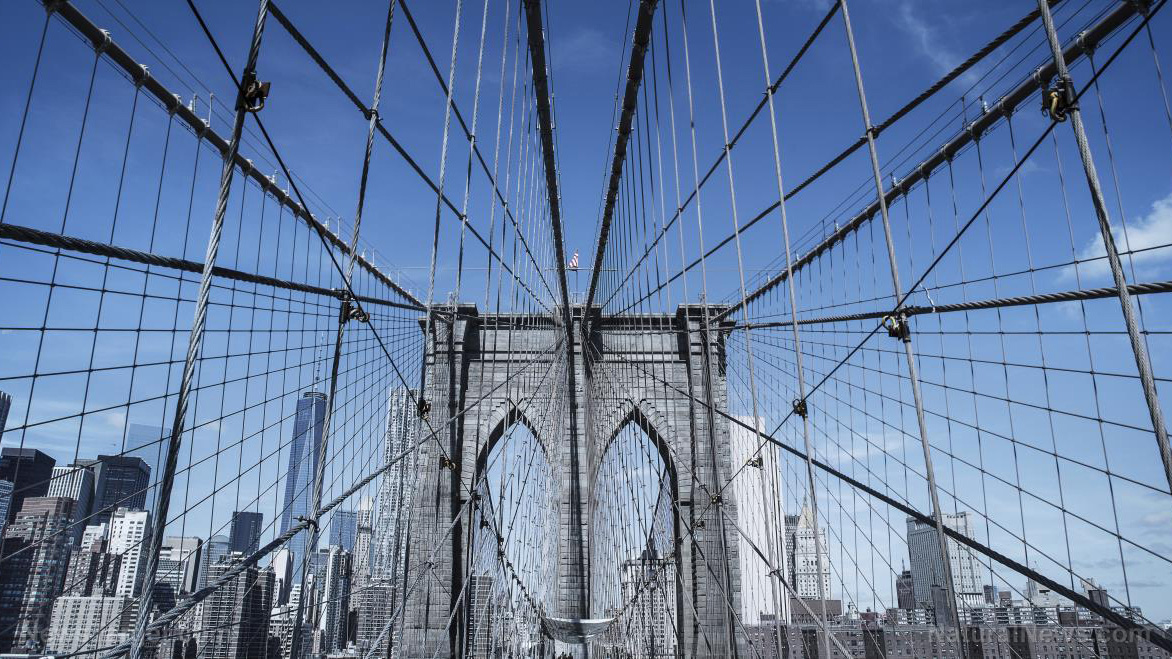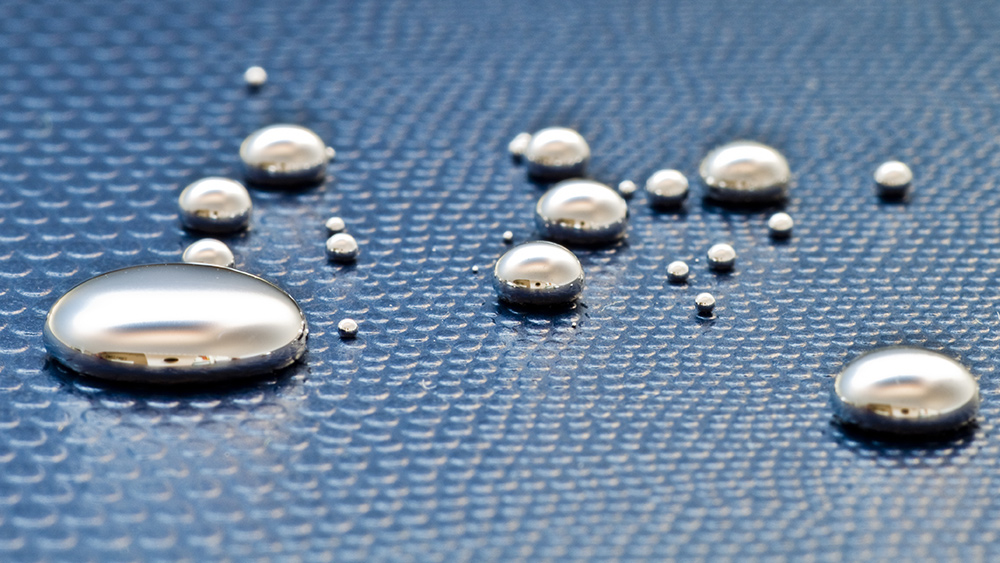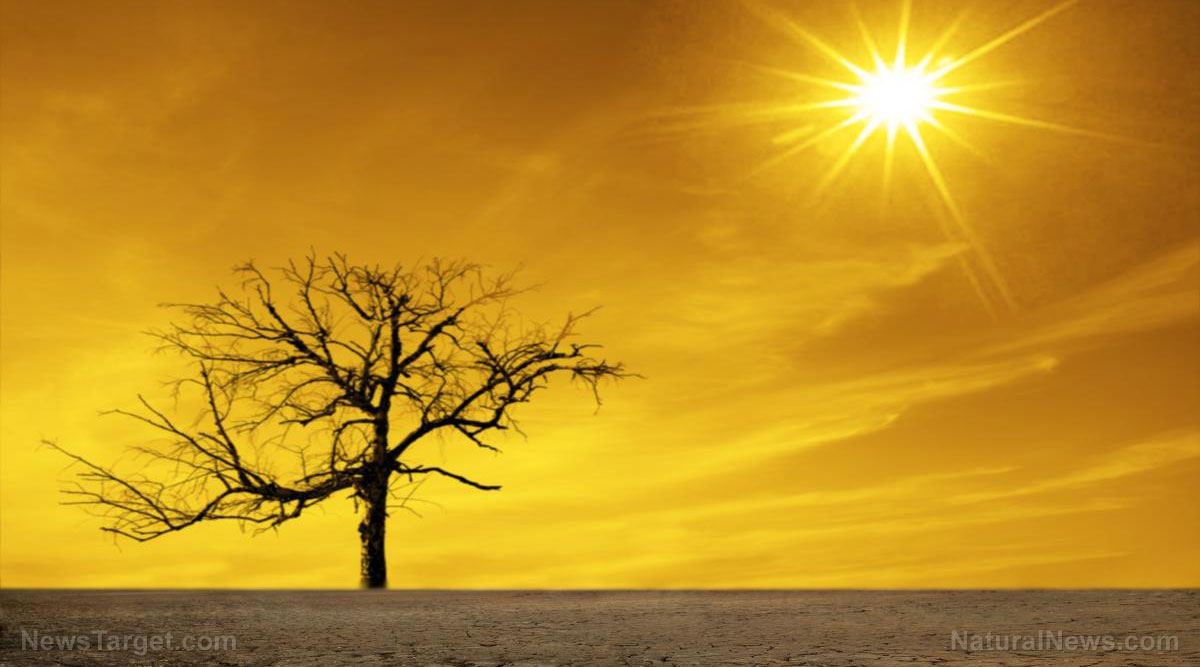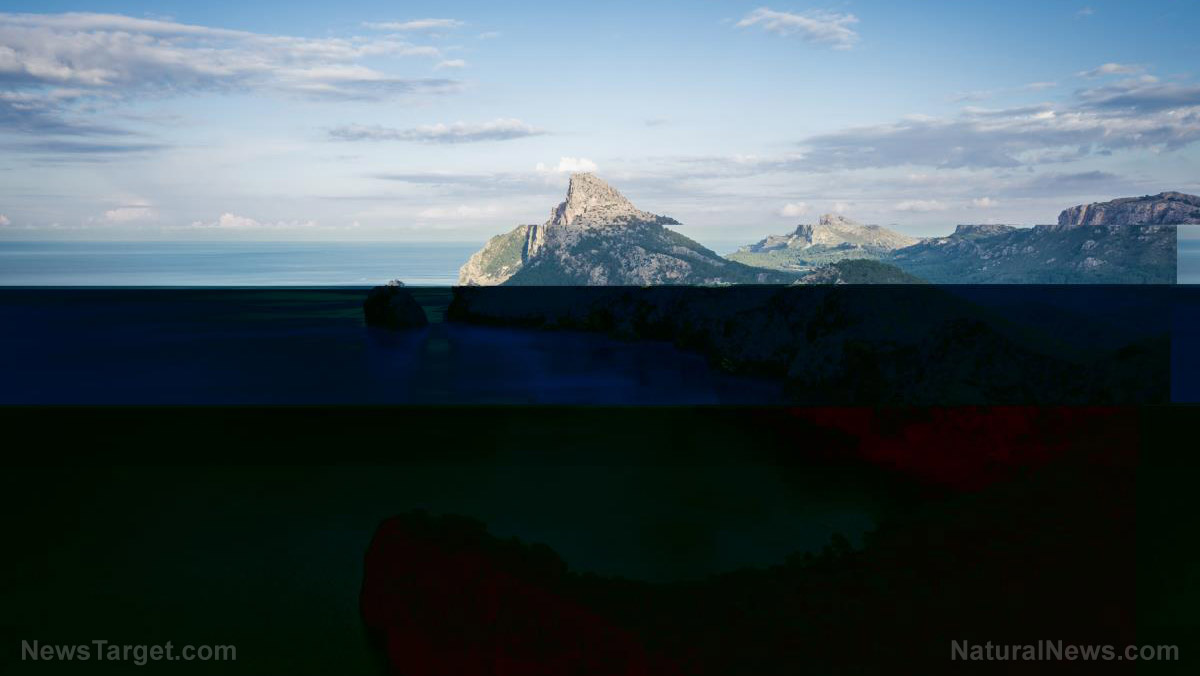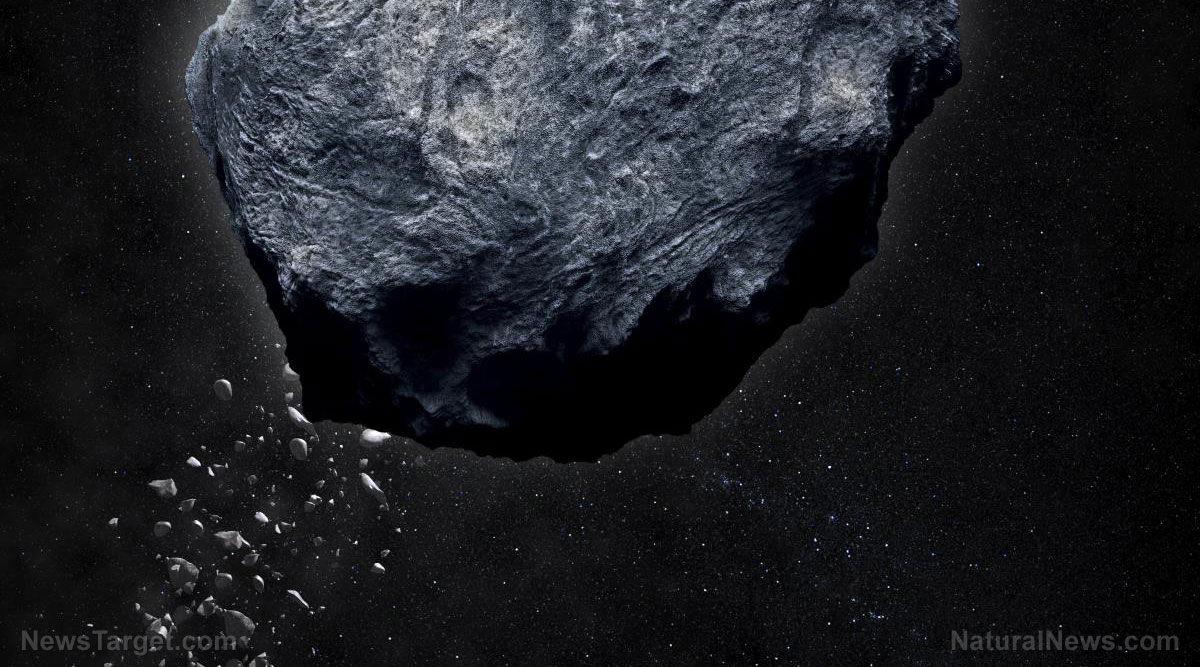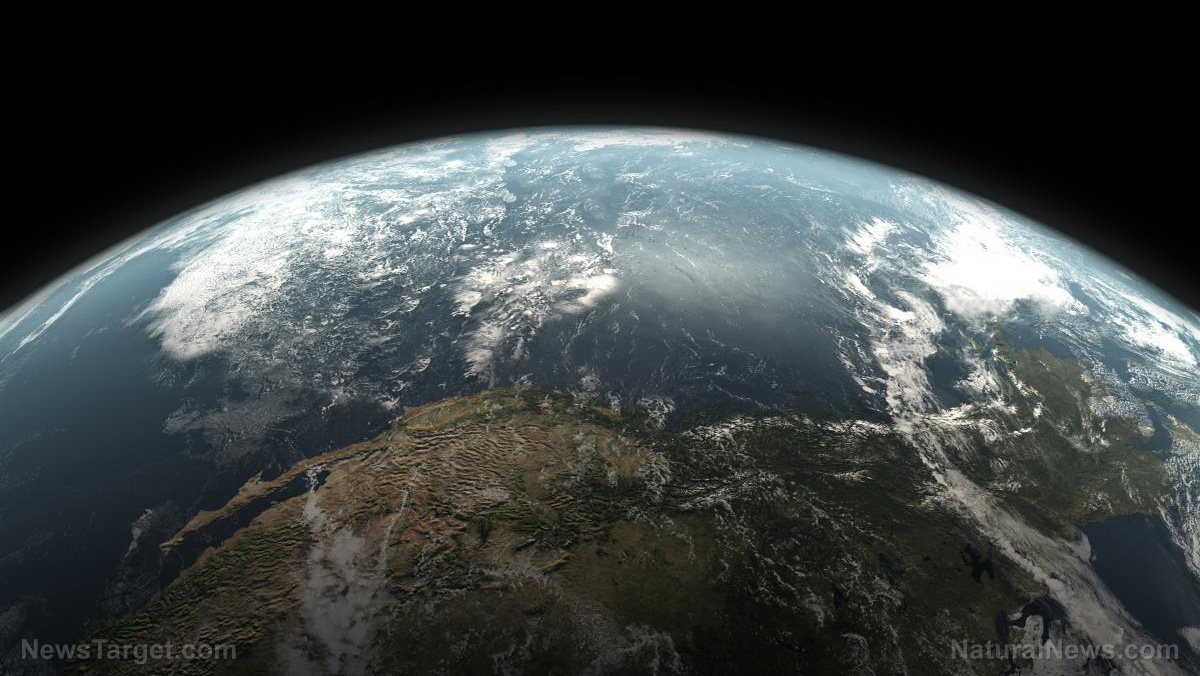How are the global warming alarmists going to explain this one? Major Greenland glacier is GROWING not shrinking
04/04/2019 / By Tracey Watson
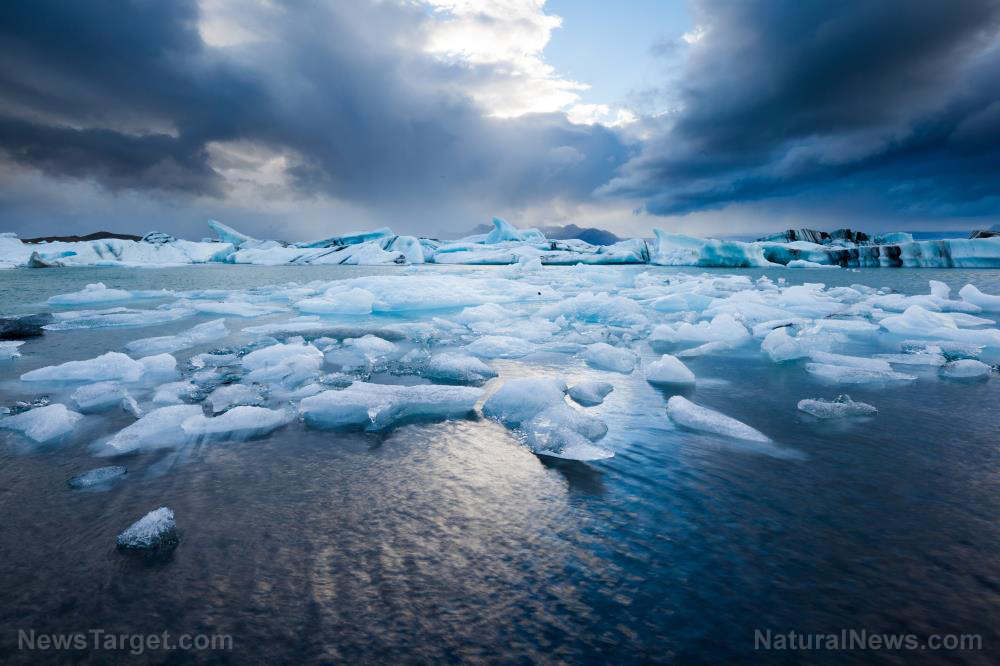
We’ve all seen headlines like this one: Global warming sees polar bears stranded on melting ice. Or, perhaps you caught this one: Global warming predicted to melt massive Himalayan glaciers, disrupt food production.
That’s because the glaciers are all melting, sea levels are rising, islands are disappearing and we’re all going to die, right? Well, no, not so fast. A recent study by researchers from NASA, published in the journal Nature Geoscience, has made the shocking discovery — well, shocking to the global warming believers, anyway – that a supposedly melting glacier is, in fact, growing. (Related: Global warming fraud — Iconic polar bear on melting ice cap a hoax.)
The glacier that shrank … and then grew
Back in 2012, anxious scientists announced that Greenland’s massive Jakobshavn glacier was retreating by about 1.8 miles and thinning at a rate of 130 feet each year. Jakobshavn is famous for being the source of the iceberg that sank the Titanic, but it has also become famous in recent years as proof that global warming really is “true.”
Now, even though the NASA study has found that the glacier is actually growing again at much the same rate as it was previously shrinking, scientists are insisting that this somehow does nothing to disprove the global warming theory.
While admitting that the findings are “a surprise,” climate scientist Jason Box insists, “The good news is that it’s a reminder that it’s not necessarily going that fast. But it is going.”
Wait, what?
So, when the glacier was melting it was proof that global warming was scientific fact, but when it stopped melting and actually started growing again that proved … the same thing?
The scientists involved in the study have a clever explanation, you see, as reported by NBC News:
A natural cyclical cooling of North Atlantic waters likely caused the glacier to reverse course, said study lead author Ala Khazendar, a NASA glaciologist on the Oceans Melting Greenland (OMG) project. Khazendar and colleagues say this coincides with a flip of the North Atlantic Oscillation — a natural and temporary cooling and warming of parts of the ocean that is like a distant cousin to El Nino in the Pacific.
Isn’t it amazing how they can continue to insist in the face of evidence to the contrary that the global warming theory is established fact? (Related: Ignorant liberals think polar bears never grew old and died until climate change came along.)
Not the first dire prediction to fail
This is by no means the first time that scientists’ predictions about glaciers melting and the planet being doomed have failed to materialize.
Back in 2007, the BBC consulted scientists like Professor Wieslaw Maslowski of the Naval Postgraduate School in Monterey, California, and Professor Peter Wadhams from Cambridge University in the U.K., before reporting under the headline, Arctic summers ice-free by 2013:
Scientists in the U.S. have presented one of the most dramatic forecasts yet for the disappearance of Arctic sea ice.
Their latest modelling studies indicate northern polar waters could be ice-free in summers within just 5-6 years.
Did their prediction come true? Hardly.
The Daily Mail reported in 2013 that a colder than normal arctic summer had left 533,000 more square miles of ocean covered in ice than in the previous year – a whopping 29 percent increase.
And what did the scientists say then? The Mail reported:
Some eminent scientists now believe the world is heading for a period of cooling that will not end until the middle of this century – a process that would expose computer forecasts of imminent catastrophic warming as dangerously misleading. [Emphasis added]
So, glaciers are melting and then they’re growing; temperatures are warming and then they’re cooling. In short, the weather and all things climate-related are unpredictable and ever-changing, and so-called “climate science” is a shot in the dark at best.
Learn more at ClimateAlarmism.news.
Sources include:
Tagged Under: arctic ice cap, climate change, climate science, Ecology, environ, environment, glaciers, global warming, Greenland, Jakobshavn glacier, melting glaciers, real investigations, rising sea levels




